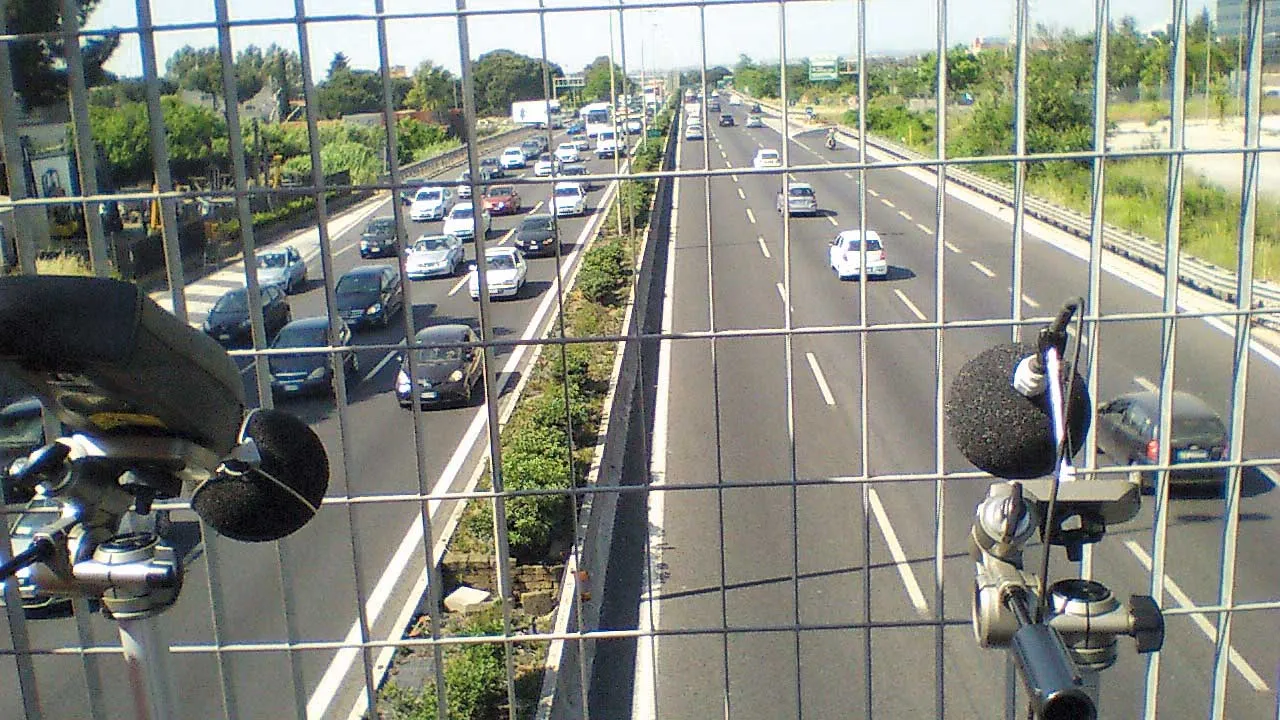The Italian island of Sicily is to benefit from major investment in its road network, in a move designed to help boost its economy.
May 3, 2012
Read time: 2 mins
The Italian island of Sicily is to benefit from major investment in its road network, in a move designed to help boost its economy. Sicily is one of the most economically-challenged areas of Italy and revitalising its economy has been seen as crucial to the long term future of the country as a whole.
As part of the economic plan devised for the island, Italy's public highway concessionary1184 ANAS will invest over €7 billion in Sicily's road network. This includes over €2 billion in ongoing work and more than €4.1 billion in scheduled activity.
Featuring some 20% of Italy's major road network, Sicily represents a major investment goal for ANAS in terms of both maintenance and new construction. ANAS has already invested approximately €1 billion in Sicily between 2006 and the start of 2011.
Meanwhile3623 Autostrade per l'Italia (APSI) and Italian motorway group Gavio will handle a €150 million contract with Italy's public motorway concessionary ANAS. The deal involves setting up Italy's first free-flow highway toll system along 800km of road. When construction is finished, ownership of the system will revert to ANAS. In addition, APSI is also part of a consortium that has a €2 billion tolling contract from the French Government. This deal is to implement and manage a satellite system to track heavy-goods vehicles over almost 15,000km of road. And in the north of the country, a tunnel looks to be the most likely solution to the need for a new road link the Mortirolo Pass. This new tunnel would connect the Italian provinces of Brescia and Sonrio. The project would require the construction of a 7km tunnel and would be likely to cost in the region of €350 million to build. The plan to improve the road link between the provinces follows an earlier co-operation agreement aimed at helping promote economic development through investments in transport infrastructure.
As part of the economic plan devised for the island, Italy's public highway concessionary
Featuring some 20% of Italy's major road network, Sicily represents a major investment goal for ANAS in terms of both maintenance and new construction. ANAS has already invested approximately €1 billion in Sicily between 2006 and the start of 2011.
Meanwhile







